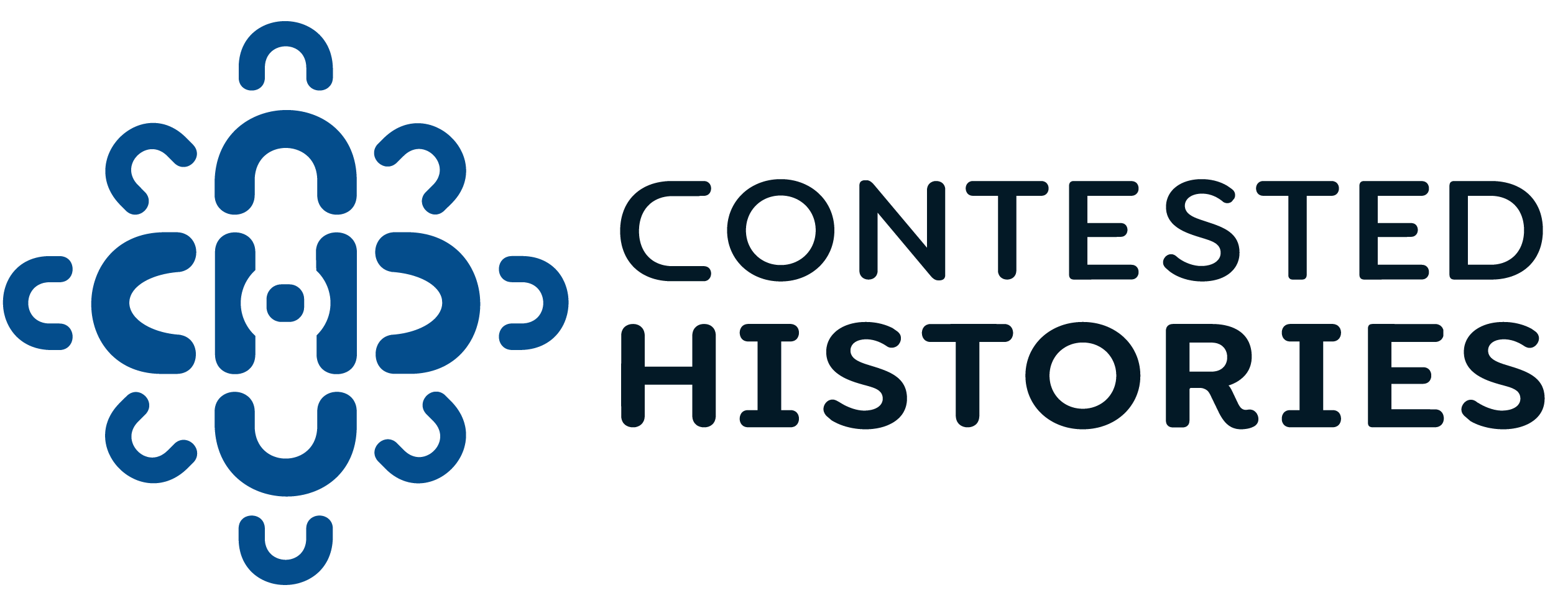Decolonising DMU Toolkit
(Ongoing)
By Decolonising DMU • 2021
The toolkit is a work a progress and elements will be released as they are created, including: examples of good practice, FAQs, Narratives of staff experiences and a podcast series of discussions with colleagues and students. Topics will be centered around decolonising history and the curriculum. Read More
